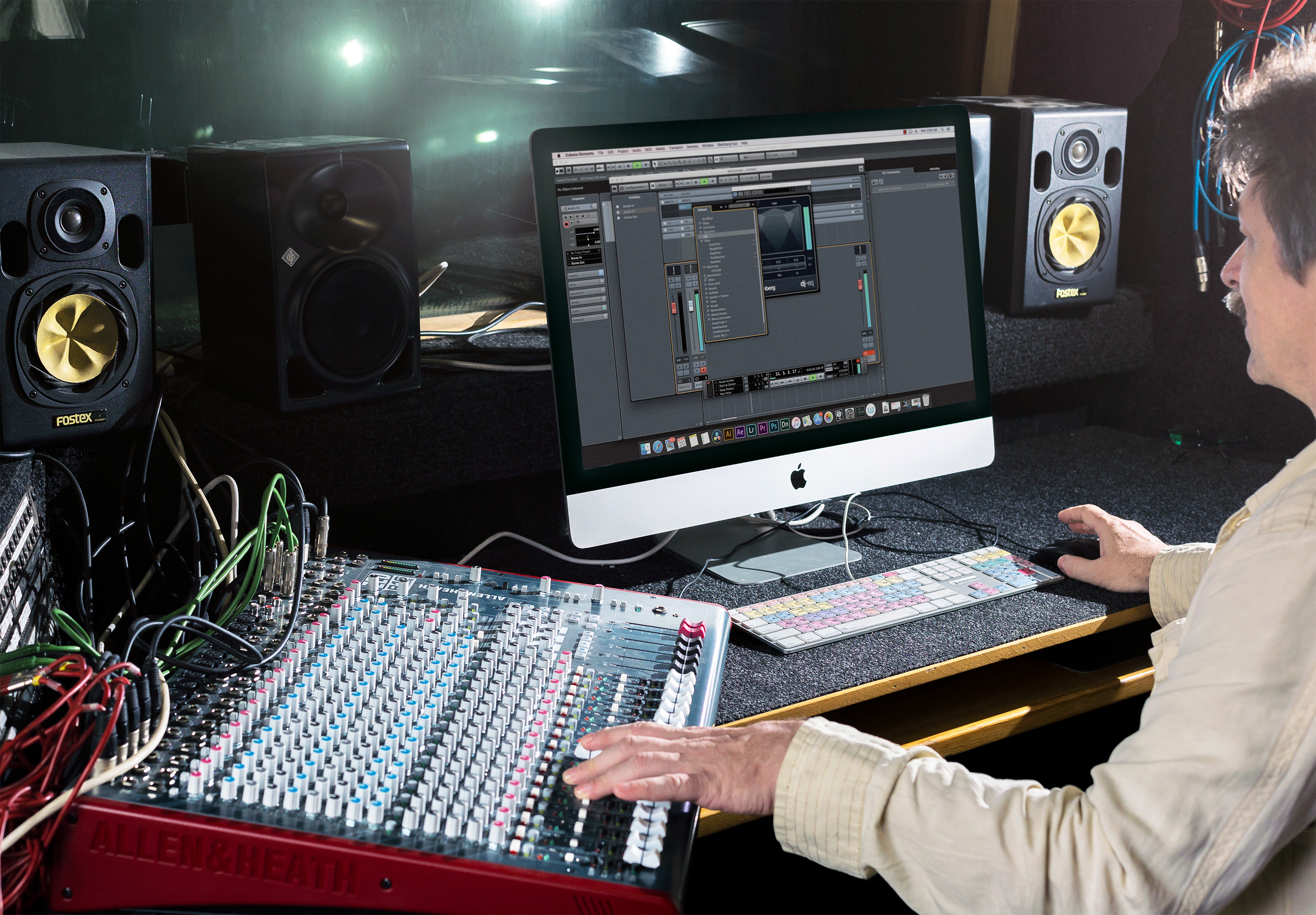5 years
course duration
₽ 711 000 per year
price
specialist program
academics
Course overview
Students study the following professional disciplines:
- History and theory of music;
- Piano;
- Musical works analysis;
- Acoustic analysis;
- Sound engineering;
- Concert programs sound engineering;
- Studio sound recording;
- Theory and practice of sound editing, etc.
While studying at the university students learn sound engineering skills, master sound editing and video scoring techniques. After the graduation young professionals work in the audio and visual art sphere, including the preparation of big concerts, spectacular shows, as well as studio recording and producing.
Theory
During the course students study the following liberal arts disciplines: history, history of Russian and foreign theatre, history of Russian and foreign literature, history of the cinema, music, philosophy, aesthetics, art history and many others.
Practice
Students can do practical training at the major Moscow theatres, concert halls, on television.
Language
Foreign students study Russian language for 5 years, therefore getting a good knowledge of the Russian language as a bonus.
Diploma
After they write their graduation thesis they get the state diploma.
Entrance exam
In order to be accepted to GITIS a candidate need to pass a practical entrance examination and an interview.
Foreign citizens take only special disciplines.
-
Sound engineering
At the ‘Sound engineering’ examination the applicant should answer questions including information on acoustics (connected to the sound nature) and radio electronics (main electronic elements). They also should demonstrate knowledge of sound equipment of various studios, acquaintance with the work of sound engineer in the drama, musical and variety theatres. They also should answer questions from the school course of computer science. Apart from that the candidate should demonstrate basic knowledge of sound engineering — make an acoustic analysis of the musical phonogram (identify the musical instruments in the phonogram), demonstrate ear for music and musical literacy. Presentation of their own phonograms and/or orchestration with the analysis is a plus.
-
Colloquium
At the interlocution applicants’ ability for creative thinking and their erudition are checked, it’s a free conversation on the broad range of theatre issues and culture in general and also in the field of radio, sound recording and television.
